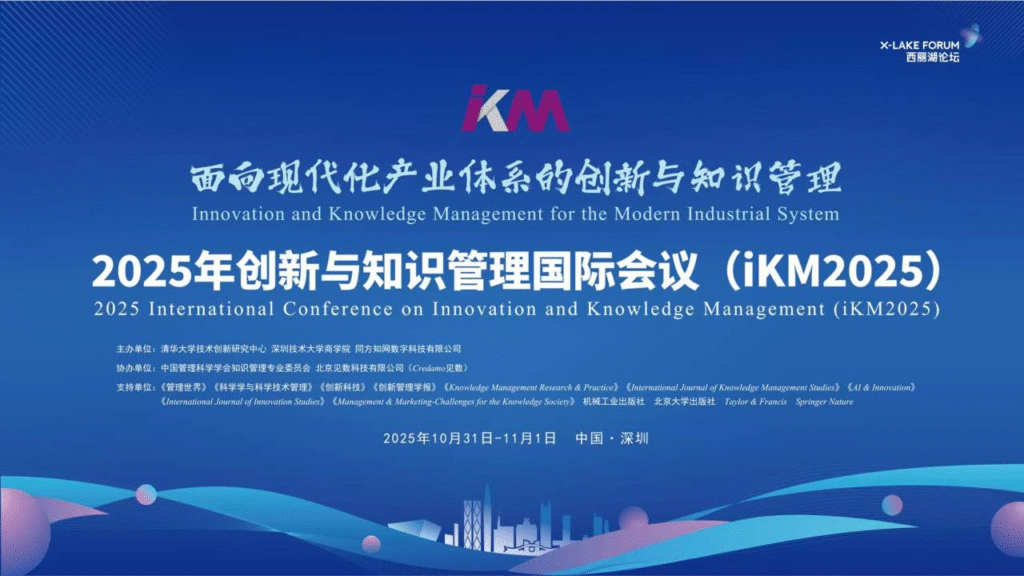At this year’s COP29, IDEAS representative Yuhan Zheng attended and hosted a high-level event on “Economic Opportunities for a Net-Zero Transition and Implementation of COP28 Outcomes” co-organized by the International Energy Agency (IEA) and the United Nations Framework Convention on Climate Change (UNFCCC), and was featured in an article for Forbes on the critical role of youth in promoting sustainable development. The meeting reached a consensus that the “GOLDEN ROLE” is the key to sustainable development. The meeting concluded that the BRICS+ vision aligns well with the challenges faced by countries in the Global South regarding energy transition. Priority should be placed on empowering grassroots communities by promoting and applying renewable energy technologies to address energy challenges and uphold the principles of sustainable development.
The Digital Ecological Civilization Lab at the BRICS Innovation Base is dedicated to exploring the intersection between digital innovation, ecological civilization and sustainable development, and is actively adopting artificial intelligence technologies and digital tools to promote new approaches to ecological conservation and sustainable development. This initiative is closely linked to the development philosophy of the Global South and aims to empower local communities in climate change response. The Lab is deeply collaborating with the World Meteorological Organization (WMO) and the United Nations Indigenous Peoples and Minorities Research Program (UNIPORT), and is committed to enhancing multiple perspectives and pathways for ecological civilization. As COP30 is about to be held in Brazil next year, the Lab will continue to promote global sustainable development efforts and convey the concept of convergence of ecological civilization, digital innovation and green governance to address the growing challenges of climate change.







No comment yet, add your voice below!